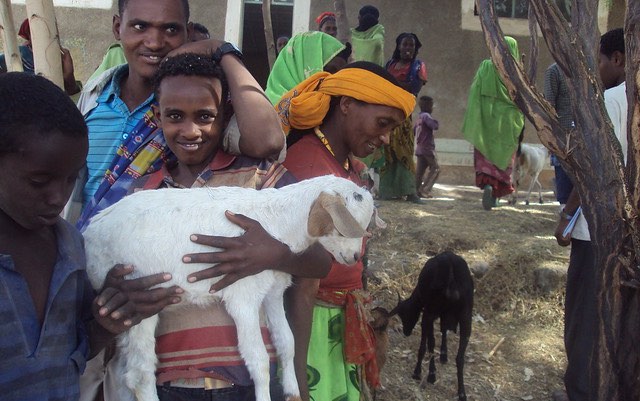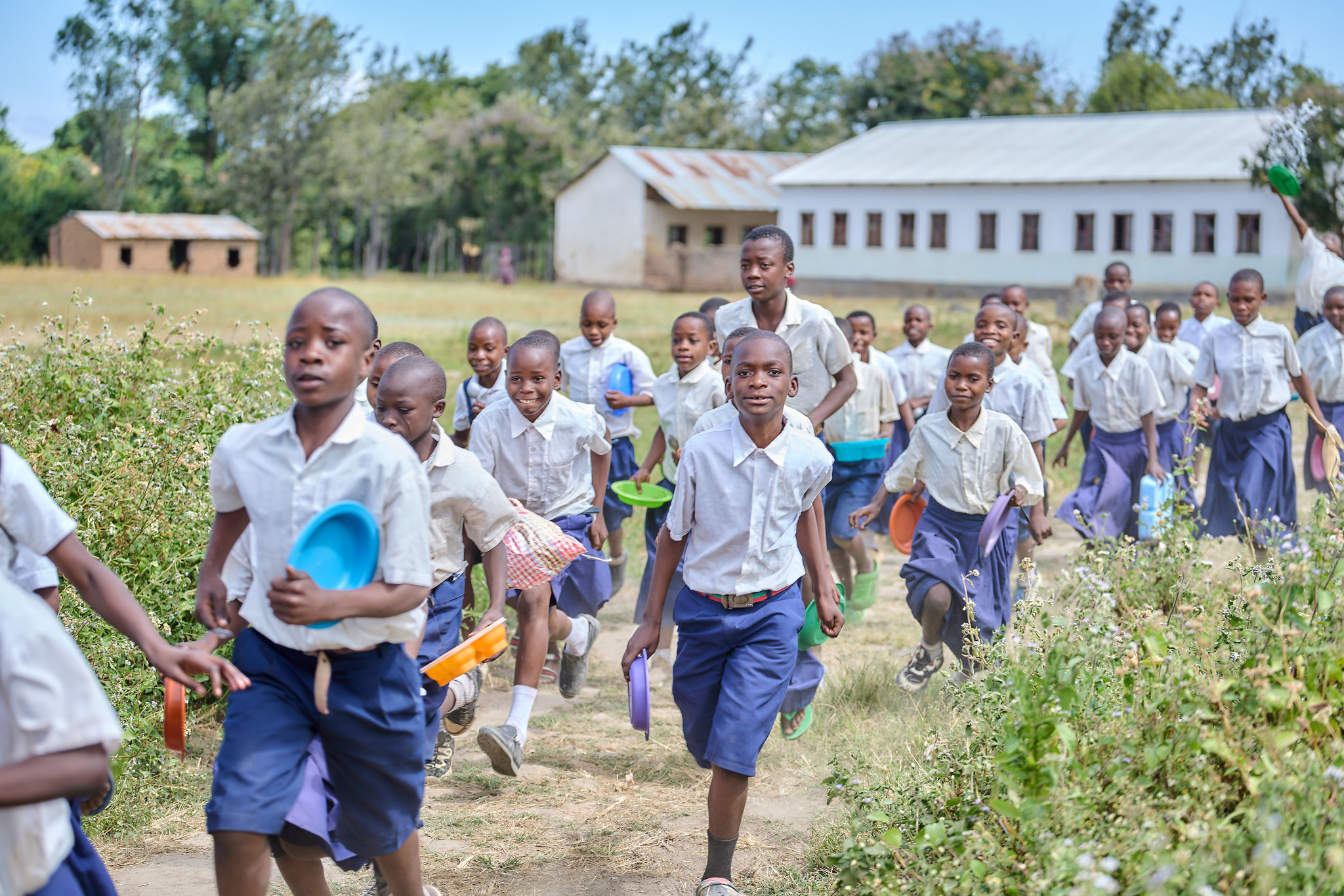To put nutrition at the forefront of food policy decisions, IFPRI has invested substantially in research on the links between agriculture, nutrition, and health. The long-running program Diet Quality and Health of the Poor has aimed to build evidence on these links—both in terms of our knowledge and data and in terms of practice—by engaging partners and stakeholders in the effort to identify policy levers to address under- and overnutrition, especially among the poor. Managed by IFPRI’s Poverty, Health, and Nutrition Division (PHND) and, since 2012, by the IFPRI-led CGIAR Research Program on Agriculture for Nutrition and Health (A4NH), the work has been carried out through some 140 projects—the best known include Alive & Thrive, POSHAN, Transform Nutrition, Stories of Change, LANSA, and ARENA.
A recent independent impact assessment looked at this program from 2003 to 2016: Did it have the right research strategy? Did it successfully engage with key partners and influence its target audience? How effective has it been in increasing partner capacity? And what has been the impact on programs and policies? The assessment has been published alongside recommendations from the reviewers and responses from those involved with the program as it has continued.
Given the difficulty of evaluating research programs quantitatively, the assessment relies on stakeholder interviews, narratives about policy influence, and data on use of published research outputs. India and Ethiopia were chosen for in-depth case studies, representing substantial program investments in Asia and Africa. Thirty-nine program participants, partners, and stakeholders were asked about their experiences with the program and how well it achieved its objectives.
Producing policy-relevant research was the primary goal of the program, and its output was impressive. Interviewees credited it with strengthening the research on agriculture-nutrition linkages and with producing high-quality data. Program publications, especially several key journal articles and the Global Nutrition Report, generated substantial interest as measured by citations, downloads, and Altmetric. However, work on overnutrition got short shrift, primarily because sufficient funding could not be found for this line of research.
Interviewees in both Ethiopia and India highlighted the program’s engagement with and impact on stakeholders and policymakers, despite some confusion among interviewees in distinguishing this particular program from broader IFPRI work. Researchers and stakeholders also benefited from “learning by doing” and explicit capacity-building efforts for conducting surveys.
Has the program made a difference in policy? In Ethiopia, PHND invested substantially in evaluation of the Productive Safety Net Program (PSNP), the government’s primary safety net program. Initial findings on the nutritional impact and targeting of PSNP III led to changes in program design. And lessons learned from the Alive & Thrive program led to the integration of nutrition and social behavior change communication (SBCC) into PSNP IV and other programs. The evidence provided on the safety net program led the government to shift its focus from monitoring to evaluation; and Ethiopia’s Central Statistical Agency increased its capacity for data collection, preparing it to lead the evaluation of PSNP IV. Other work in Ethiopia, such as Transform Nutrition, also contributed to the policy dialogue.
In India, IFPRI’s work played a key role in bringing attention to the worrisome disconnect in the country between rapid economic growth and hoped-for improvements in nutrition. IFPRI’s research in India is widely cited, and contributed to a proliferation of agriculture-nutrition projects, largely focused on maternal and child nutrition, as well as policy influence. Niti Aayog, the government think tank responsible for India’s nutritional mission, makes use of IFPRI studies for monitoring nutrition and health for the UN Sustainable Development Goals (SDGs). Alive & Thrive helped to develop a package of maternal nutrition interventions; POSHAN has developed district-level data that is used to help set nutrition priorities; and the Stories of Change project prompted the state of Odisha to request further policy engagement.
Despite these achievements, the program’s work in Asia and Africa did not achieve all the goals it set out in 2003—including addressing overnutrition and the dietary transformation now occurring with urbanization. Funders were generally uninterested in pursuing these lines of research, despite their growing importance. The program faced other constraints too. Some stakeholders would have liked to see a different balance between research and implementation, with more emphasis on the latter. Regarding research, the range of methodological tools used could have been expanded and more studies could have been conducted at a disaggregated level for highly diverse countries. There was room too for increasing stakeholder engagement and improving communications about results. The assessment makes recommendations on these points and others. But on the whole, the program produced valuable research with lasting impact that has influenced domestic partners and stakeholders. This work has also gained traction with international policy and research communities that can help to push the agriculture-nutrition agenda forward to the benefit of the poor.
Pamela Stedman-Edwards is Publications Team Leader with IFPRI’s Communications and Public Affairs Division.







